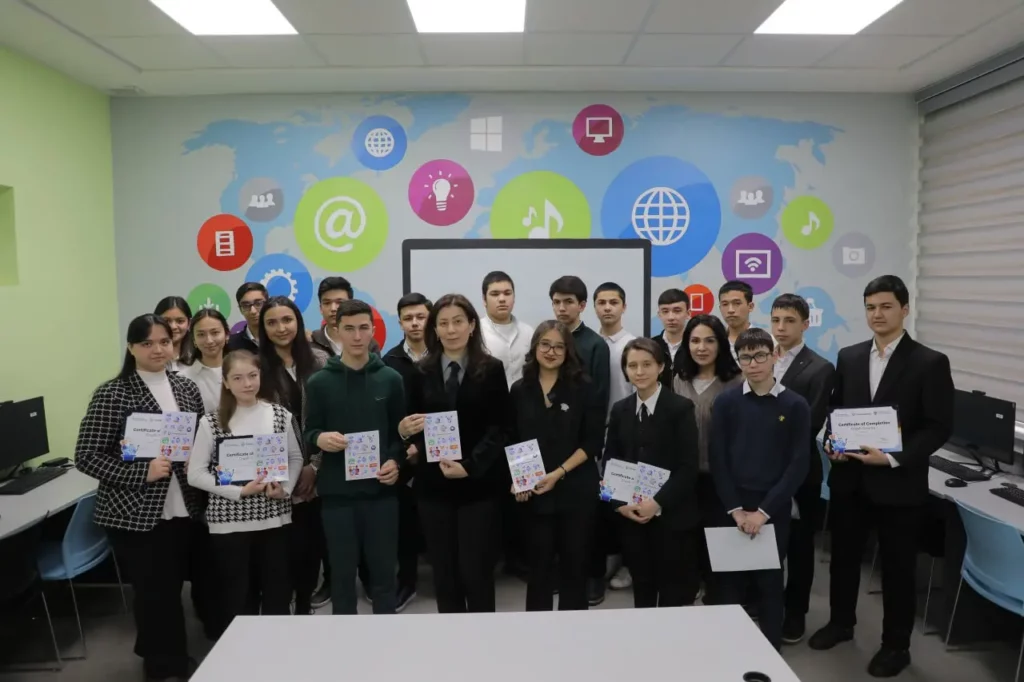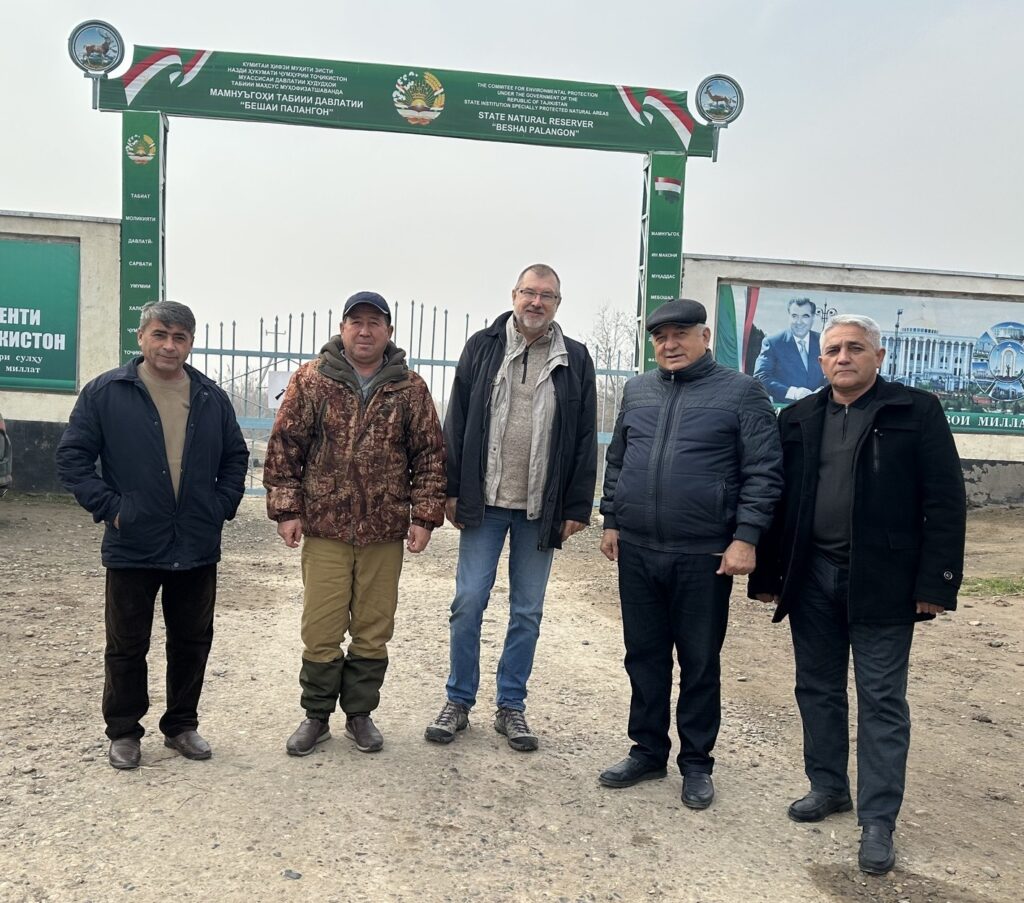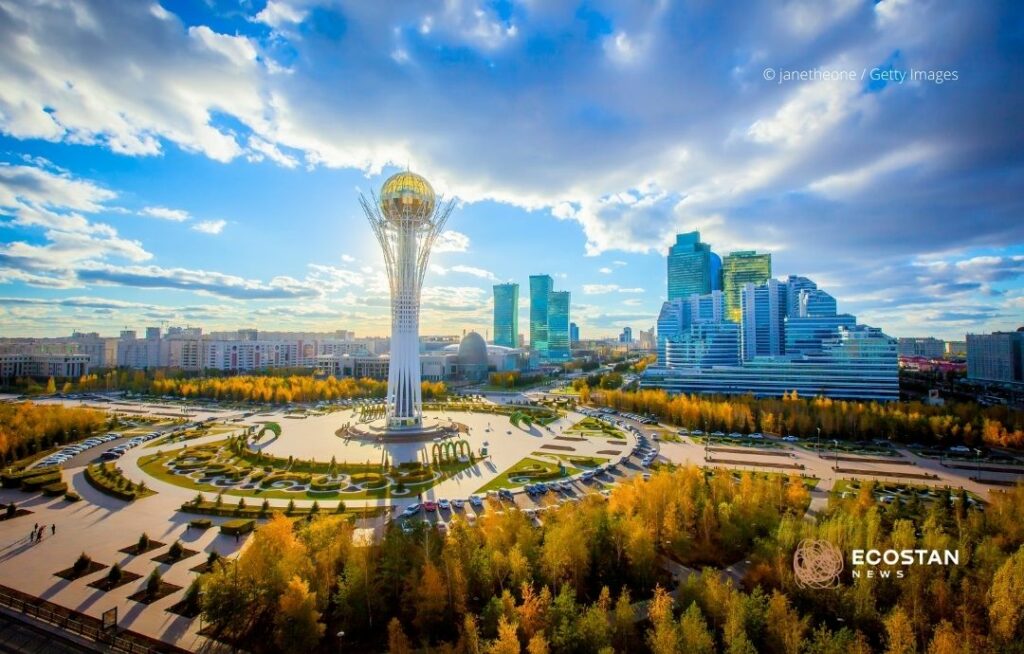As part of the Blue Peace Central Asia project by the Swiss Agency for Development and Cooperation (SDC), an offline seminar was held from June 2 to June 6, 2024, in Fergana, Uzbekistan. This seminar, an annual meeting for members of the Community of Practice on Water, Sanitation, and Hygiene (CoP4WASH) in Central Asia, aimed to foster research and collaboration in the areas of water supply, sanitation, and hygiene. The event brought together 40 representatives from universities, international and regional NGOs across Central Asia and Switzerland.
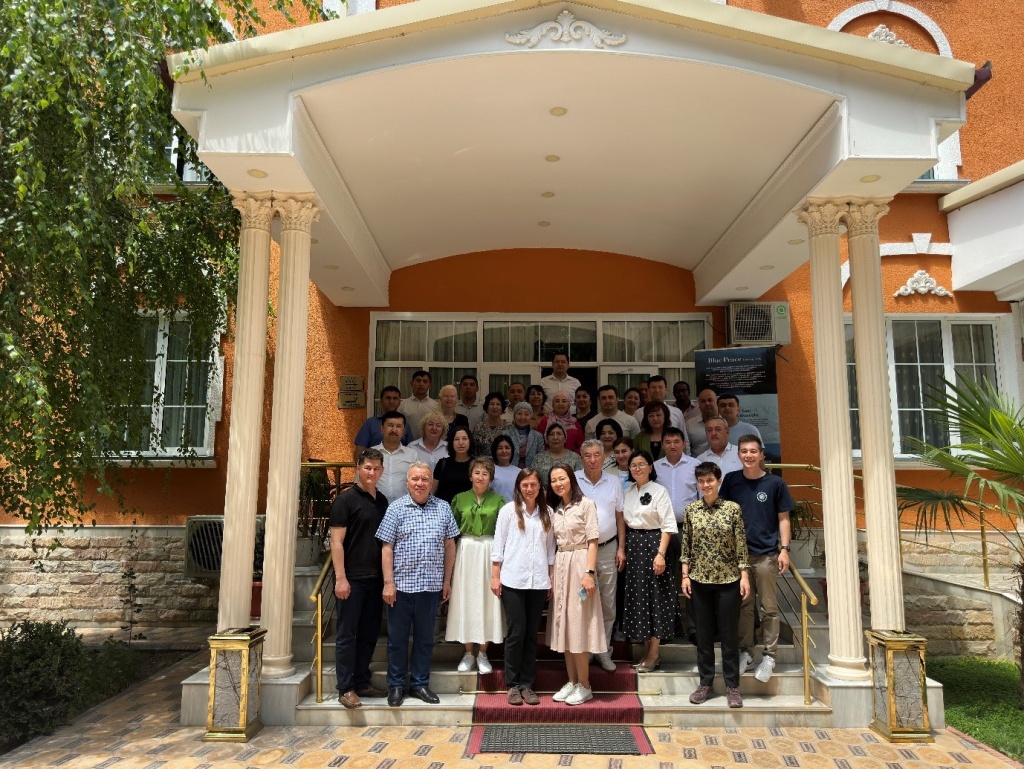
The goals of the seminar were:
- Exchange and progress of activities within the COP4WASH project.
- Discussion of results and experience in developing university laboratories and implementing research under the project.
- Conducting training on specific topics and studying research methods.
- Development of a work plan for future activities of the COP4WASH research community.
On the first day of the seminar, Dr. Marina Peter, thematic coordinator of the COP4WASH Community from the University of Applied Sciences and Arts Northwestern Switzerland (FHNW), provided a brief introduction to the activities of the COP4WASH Community and shared the experience from previous seminars and trainings for universities in the region. Representing the Blue Peace CA project, Irina Yugai, specialist in water initiative support programs and academic coordinator of the project, emphasized the significant role of non-governmental organizations in the development of the Community and in bridging the gap between education, science, and practice.
After the introduction round, Dr. M. Peter delivered a lecture titled “The Interconnection between Water Quality and Human Health,” engaging representatives from medical universities and academies in discussion. During the latter part of the day, universities from Kyrgyzstan and Tajikistan reported on the progress of their water quality laboratory activities. The plenary discussion concluded with developed plans for laboratory development and measures to ensure their sustainability.

One of the agenda items was the presentation by community members on their contributions to COP4WASH activities, progress in implementing educational modules, and conducting research. The outcome of the group work was the development of a list of needs for further scientific work across the research subgroups.
The second day of the seminar focused on the analysis and management of experimental data, discussing issues related to data collection and interpretation during the monitoring of local wastewater treatment facilities, as well as methods to optimize wastewater treatment processes using this data.
At the end of the day, Ashanti Blaish, Regional Program Specialist for Water Infrastructure and Climate Change at SDC, delivered a comprehensive presentation on the next phase of the “Blue Peace Central Asia 2.0” project and the potential role of COP4WASH.

The third and fourth days of the seminar were dedicated to field visits to rural and urban water supply and sanitation facilities. Participants familiarized themselves with local drinking water supply systems operated by the public organization “Tarakkiyat,” managed by local communities. Seminar participants also had the opportunity to visit water treatment and wastewater treatment systems operated by Fergana water utility.

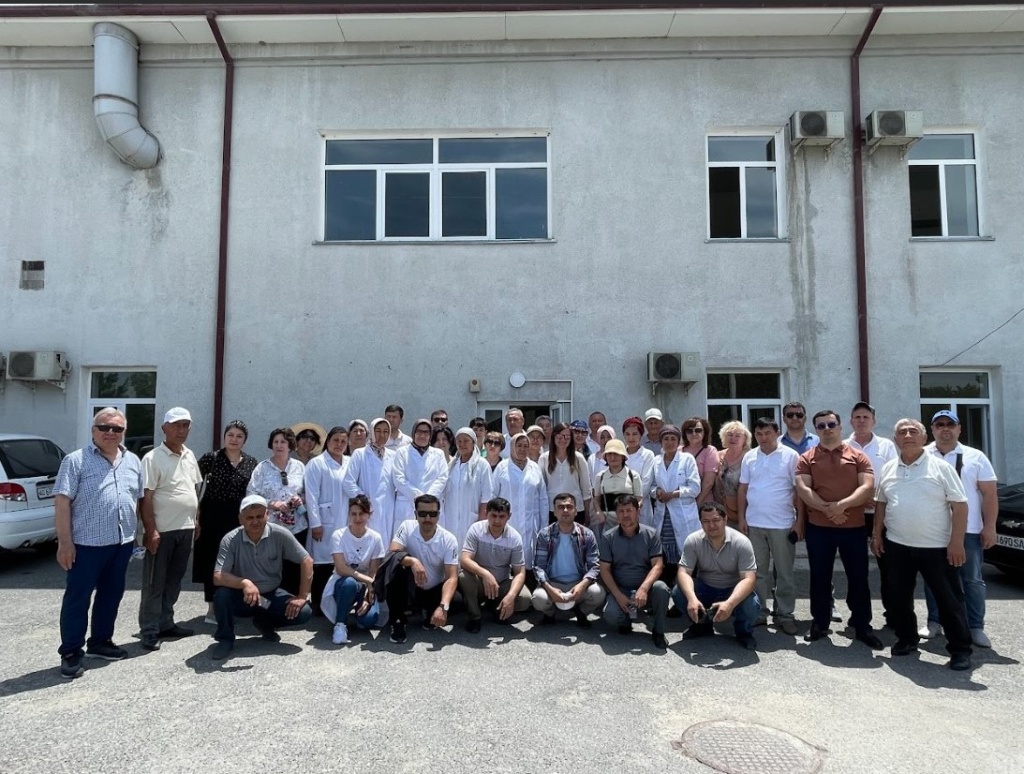
The last day of the seminar focused on discussing the topic of wastewater reuse in agriculture. Mirdadaev M., a representative from the Kazakhstan Scientific Research Institute of Water Management, presented Kazakhstan’s experience in using wastewater from the Sorbulak reservoir for irrigation purposes.


Tatyana Schellenberg, a research associate at the Central and West Asia Office of the German NGO Bremen Overseas Research and Development Association (WESCA BORDA) — a partner organization of the Community, presented India’s experience in developing adaptive policies regulating requirements and standards for wastewater treatment and reuse. Dr. M. Peter also emphasized the importance of sanitation planning and discussed various risks and opportunities associated with the use of wastewater and fecal sludge in agricultural irrigation. It was also noted that for further development of this research direction within the Community, comprehensive data collection on wastewater and fecal sludge reuse in countries, as well as health risk assessments specific to each region, are necessary.
During the interactive session of the seminar, discussions focused on the universities’ future actions to enhance their active engagement within the Community. As a result, a community strategic plan was developed, outlining the roles and responsibilities of each member, which will be integrated into the next phase of the Blue Peace CA project.
The seminar concluded with a certificate award ceremony. Participants were also treated to a guided tour of local ceramic and textile production facilities.
For information:
The Swiss Initiative “Blue Peace Central Asia” supports cooperation among Central Asian countries in sustainable water resource management.
Within the framework of the Blue Peace CA Initiative, implemented by CAREC, a Community of Practice on Water, Sanitation, and Hygiene (CoP4WASH) was established in collaboration with the University of Northwestern Switzerland and the Tajik Office of the International Secretariat for Water in 2021.
CoP4WASH serves as a platform for collaboration between academic institutions, non-governmental organizations, and the private sector to conduct research in the field of WASH. Support from researchers, practitioners, and various stakeholders will provide a scientifically grounded basis for accepting innovations, best international practices, and decentralized water supply and sanitation technologies at the legislative level in Central Asian countries.

